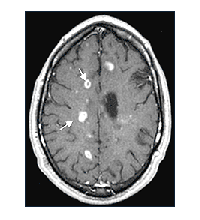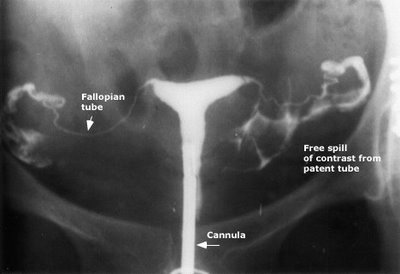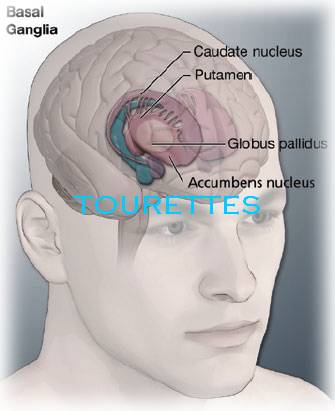Multiple Sclerosis: Clinical Features, Diagnosis and Management

Multipe Sclerosis or MS is one of the most common neurological causes of long term disability. MS has been elaborated in terrific and realistic manner even in movies. Many well-known persons have fallen for this disease and many have set examples for other people living with Multiple sclerosis. More common among Females with Female : Male 2:1 ratio. It is more common in the Temperate zones of the Earth’s latitude.
Etiology or Cause:
- MS is caused by interplay of multiple genetic and environmental factors. Occurrence is higher in temperate zones, although no specific environmental factors have so far been co-related.
- Myelin producing of CNS are target of recurrent Cell-mediated Autoimmune attack. Associated with Class II MHC alleles and genes related to TNF- Alfa and HLA haplotypes.
- Familial recurrence rate is 15%
- Concordance in Monozygotic twins is 35%
PATHOLOGY-
- Entry of Activated T Lymphocytes through Blood-Brain-Barrier
- Recognition of Myelin derived Ag on surface of CNS’s Ag-presenting microglia
- Clonal proliferation
- Activation of Cascade of Cytokines
- Initiation of Destruction of Oligodendrocyte-myelin Unit by Macrophage .
CLINICAL FEATURES:
Common Presentations:
- Optic Neuritis
- Relapsing and remitting sensory symptoms
- Subacute painless Spinal Cord Lesions
- Acute Brain Stem Syndrome
- 6th Cranial Nerve palsy or Abducens palsy

- RAPD and Optic Atrophy
- Lhermitte’s syndrome
- Progressive non-compressive paraparesis
- Partial Brown-sequard syndrome
- Intranulear Ophthalmoplegia with Ataxia
- Postural or Rubral Holmes tremor
- Trigeminal Neuralgia
- Recurrent Facial Palsy
Onset and Courses:
- Rarely before puberty or after 50s
- Peak incidence is in the 4th decades
- Symptoms come over days to week and resolve over weeks to months
4 patterns of Course has been seen in Multiple Sclerosis
- I -Relapsing and Remitting course-80% cases
- II -Fulminant course- 10% cases, In this type death occurs early
- III -Primary progressive -10-20%
- IV -Secondary Progressive
Diagnosis
- Demonstration of Lesion in more than 1 site at more than 1 time for which there is no other explanation.
- Macdonald’s Criteria has been used for diagnosis
INVESTIGATIONS
- MRI, Myelography to exclude other structural disease
- Visual Evoked Potential and other Evoked Potentials
- CSF examination- Cell count is high, Protein Electrophoresis o CSF- Oligoclonal bands
- To Exclude other diseases- Chest x ray, Serum ACE ( Sarcoidosis) , Antiphospholipid antibody and ANA ( SLE) and Serum B12 ( for B12 Deficiency)
Management:

- Acute Phase: High Dose of Methylprednisolone IV 1 gm for 3 days or
- Orally 500mg OD for 5 days
- Pulse Steroid can be given 3 times in a year
Treatment shortens the course and early prevention of relapse.
Preventing Relapse:
- Immunosuppressive agents – Azathioprine, Cyclophosphamide, Mitoxanthrone
- Immuno Modulators- Glatimer Acetate, IV Ig, Natalizumab ( Monoclonal Ab to B-intergrins)
- Plasmapheresis
Treatment Of Complications:
- Spasticity- Physiotherapy, Musle relaxants
- Ataxia- Isoniazid , Clonazepam
- Bladder Symptoms- CISC
- Dysaesthesia : Antidepressants, Phenytoin, Methyldopa
- Impotence: Sildenafil
- Fatigue- Amantadine, Modafinil, Amitriptylline
Prognosis- 50% are disabled by 15 years of Onset of the Disease






2 Comments
We have published a Medical lecture on Multiple Sclerosis and don’t know how much it’ll help the patients.
So you have made us feel the necessity to publish a Patient oriented article upon the topic.
We also read your website and found it very useful and informative. We recommend the reading to our readers as well.
http://www.allaboutms.com/what-is-multiple-sclerosis.html
Unfortunately, new Multiple Sclerosis patients lack knowledge, and lack of knowledge can turn a minor symptom into a tragedy. It’s needless to say that information is power, and it is highly recommended for MS patients to learn as much as they can about their illness and always be informed about new treatments and medicines that they can use.
The existence of websites that provide high quality information on MS treatments, symptoms, diet and news are an invaluable source of information for new patients, and help them live with MS easier. We applaud your initiative!
Comments are closed.